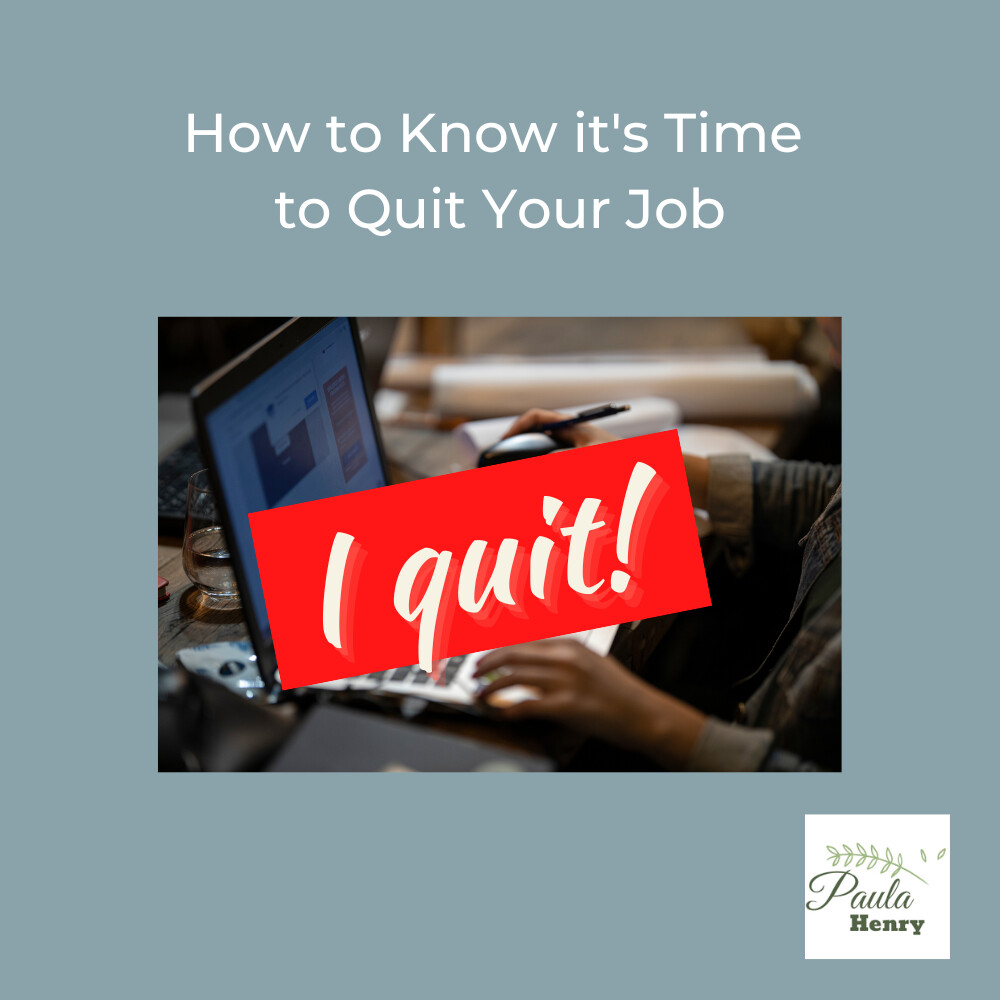
Once you've made the big leap to leave your career and stay at home with your kids, it's time to determine how you'll spend your time.
1. Prioritize self-care: When you're caring for young children full-time, it's easy to put your own needs last. However, it's essential to prioritize self-care and make time for yourself. This can include simple things like taking a hot bath, going for a walk, or reading a book. Make sure to schedule time for self-care regularly to help you recharge and stay refreshed.
Self-care is a personal and individualized concept, and what works for one woman may not work for another. Some women may find that self-care involves taking time to exercise, meditate, or do yoga, while others may prefer reading a book, taking a long bath, or going for a walk in nature. The important thing is to identify the activities that make you feel relaxed, refreshed, and happy, and to make time for those activities regularly. It's also worth noting that self-care isn't a luxury, but a necessity for overall wellbeing, so finding time for self-care should be a priority for all women, especially those who are caring for young children or taking on other caregiving roles.
2. Stay connected with your professional network: It's important to stay connected with your professional network, even if you're not currently working. Reach out to former colleagues or industry contacts to keep up with the latest developments in your field. Attend virtual conferences or webinars to stay up-to-date on industry trends and network with other professionals.
Staying connected with your professional network is important, but the way you do it will depend on your individual circumstances and preferences. For some women, this might involve attending virtual networking events, reaching out to former colleagues, or staying active on social media platforms like LinkedIn. For others, it might involve joining online discussion forums or participating in industry-related groups on social media. It's important to find the methods that work best for you and to be consistent in your efforts to stay connected with your professional network. Regular communication can help you stay informed about the latest developments in your field, and can also help you build relationships with other professionals that may be valuable in the future.
3. Find ways to use your skills: Just because you're not working in your field doesn't mean you can't use your skills. Look for opportunities to volunteer or take on freelance projects that align with your interests and expertise. This can help you stay engaged and build your portfolio, which can be helpful if you decide to re-enter the workforce in the future.
Even if you're not currently working in your field, you can still find ways to use the skills and expertise you've developed over the course of your career. This can help you maintain a sense of purpose and engagement, and may even lead to new opportunities in the future.
There are a variety of ways to use your skills outside of a traditional work environment. For example, you might consider volunteering with a local organization or non-profit that aligns with your interests or values. You could also look for freelance or consulting projects in your field, or offer your services as a mentor or coach to others in your industry. Additionally, you might consider starting a side hustle or small business that leverages your skills and expertise.
If you're looking for support in this season of your life, jump into my group here.















0 Comments